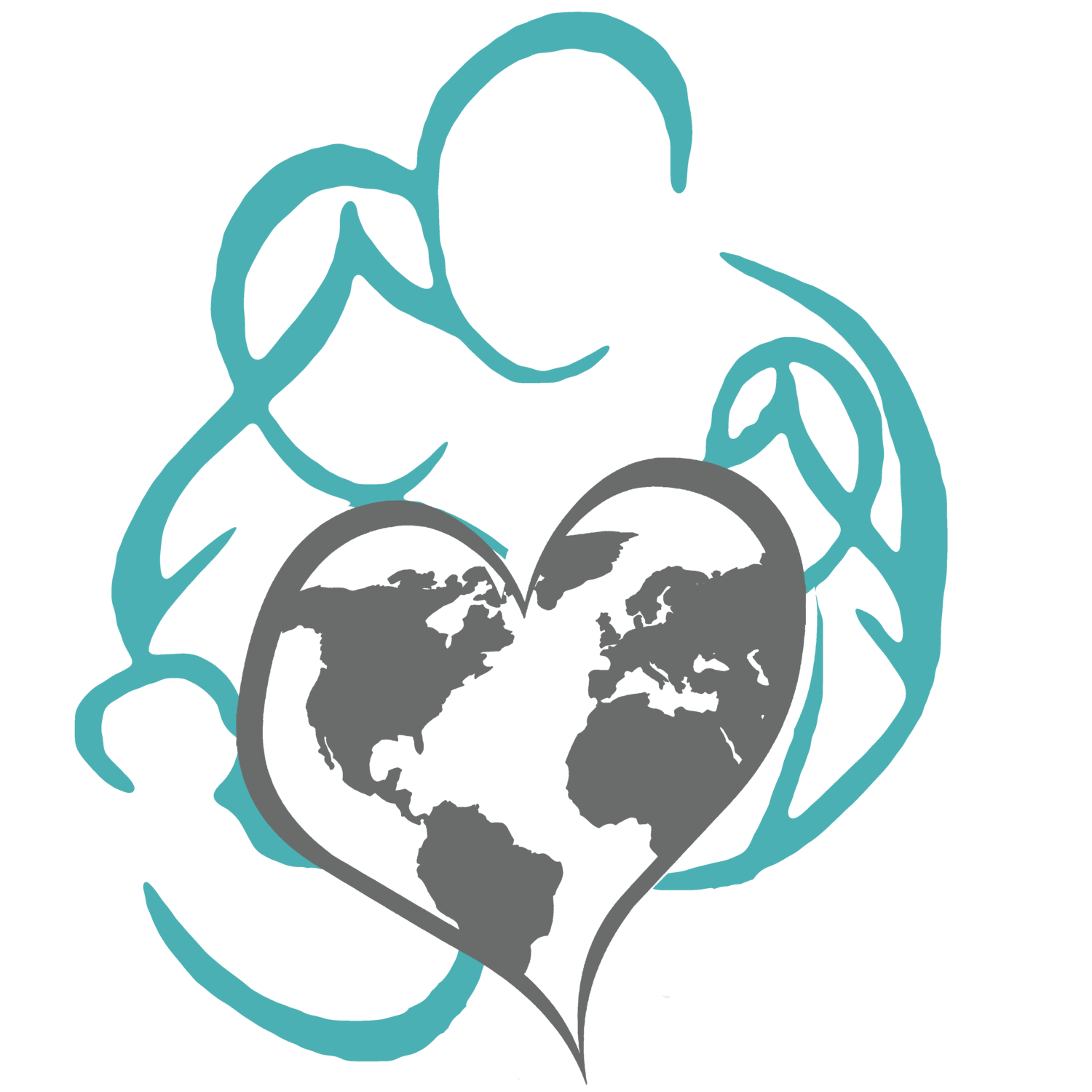How I deal with burnout as an immigration evaluator
Sitting with trauma day after day can wear us down in ways that are subtle at first but deeply felt over time.
Exposure to the deep suffering of undocumented individuals and their families can manifest in us as irritability, compassion fatigue, a lack of motivation, or even resentment and emotional numbness toward stories that once moved you.
To recover from burnout or prevent it all together, one of the most grounding shifts we can make is to remember that our clients are not just victims of trauma. They are survivors.
Gratitude is one of the most grounding forms of Self-Care
We spend so much time focusing on what's wrong in the world – the suffering, the loss, the injustice – that sometimes we forget to notice what's good in the world.
I once evaluated a woman from Honduras who had witnessed her husband's murder right in front of her.
Even though the event had happened a while back, the violence, the grief, was still very raw for her. Her body language, her voice, everything about her communicated deep, deep pain. It was hard for me not to feel that pain with her as she told her story.
Once the evaluation was over and she left, I sat alone for a bit feeling the weight of her story on my chest, and thinking, ‘I don't know how I would recover from that.’
But then I reminded myself of what else was true: She had made it out. She was safe. She was living with family. She was learning to drive and starting a job.
This wasn't just a story of grief; it was also a story of rebuilding.
My choice to see her resilience alongside her trauma was my form of self-care.
We're not just witnessing their suffering. We're also witnessing their survival.
Self-care is about leaning into the resilience we witness. Yes, our clients carry trauma. But they also carry courage and a fierce desire to protect their families and rebuild their lives.
The practice of seeing the glass as half full doesn't erase the hard stuff we bear witness to. But it helps us hold the hard stuff differently. It helps us balance out the negativity. It’s a quiet commitment to notice the good, to see not just suffering, but the grace that exists alongside it.
While it's a privilege to give voice to immigrants’ stories and to help move them towards safety, it also comes with an emotional cost.
In an episode of Beyond Borders: The Immigration Evaluation Podcast, I unpack warning signs of secondary trauma and vicarious trauma in immigration evaluators. Then I teach tools and habits that help evaluators recover and prevent burnout so they can stay in this work for the long haul.
🎙️Why Self-Care Matters for Mental Health Professionals Doing Immigration Evaluation Work
🔊 Listen here:
